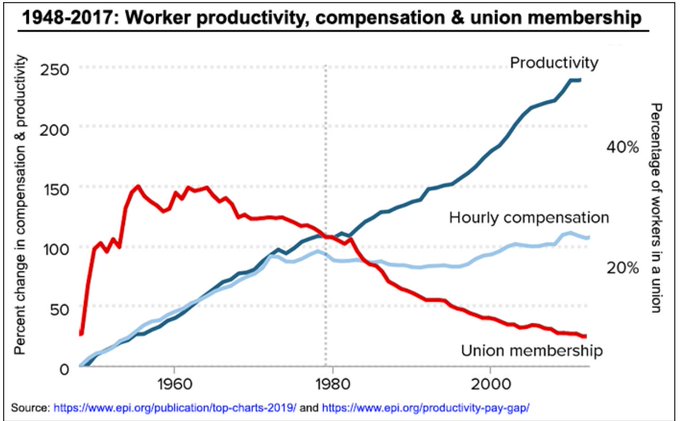That's what the most recent entry by Robert Reich is:
Reich is an intelligent man, and a highly left wing one. Like a lot of intelligent pundits, right and left, he's mastered the art of connecting the disconnected.
The two major political parties do this all the time, which is part of the reason American politics are dysfunctional. One proposition is stated, and then a chain of them are linked in, in order to support a thesis that is, well, hogwash.
A lot of issues in the world just flat out stand on their own, or nearly so. Abortion is one example. Reich, who perversely, given his Jewish heritage, is pretty much for infanticide in the womb without restraint, makes the BS link that "if you are pro-life, you must be pro gun control".
In truth, a lot of pro-life people probably are pro gun control. But the two are not really linked. And if they were, Robert Reich would be manning the picket lines against abortion at abortion clinics, as infanticide factories are euphemistically called. Indeed, as the arguments for abortion are pretty much the same as the arguments for the Holocaust were, i.e., "they aren't real people", "they're a burden on real people", and therefore the two really are linked, he should be in any event.
In this article, he notes the conservative opposition to teenage gender mutilation and then links that into gun control, etc. It's patently absurd. There's no connection whatsoever.
There are connections, however, with a host of other "liberal" laws that are not under attack and should inform an intelligent audience, or perhaps Mr. Reich.
You can't get tattoos legally as a minor.
You can't buy firearms, in spite of what Mr. Reich seems to be suggesting, as a minor.
Child labor laws do exist, in spite of what Mr. Reich is suggesting, and at a Federal level.
You can't legally bind a minor to a contract, and therefore minor's can't contract.
In more and more states, minors aren't allowed to marry, which is something the left supports.
The left, however, is bizarrely fascinated by sex, and including sex in the most odd ways imaginable. In 2023, with so many problems facing the nation, a rational legal effort to prevent minors from being mutilated in the name of a passing and likely bogus set of theories is a good effort.
Remember eugenics?
It was a big deal prior to World War Two.
Do you remember it Robert? You probably ought to consider that at one time it was the up and coming "scientific" "medical" theory, and so those of low IQ or who were impaired were chemically neutered, people were lobotomized, and ultimately, millions of Europeans gassed.
Transgenderism will pass as well, and just as the left has manged to forget its prior associations with things inconvenient, such as how nifty the early Soviet Union was, they'll wash their hands of this.
Probably, trial lawyers will do the washing.
But those backing it will just go back to their comfortable lives and linking in one improbable with another.












